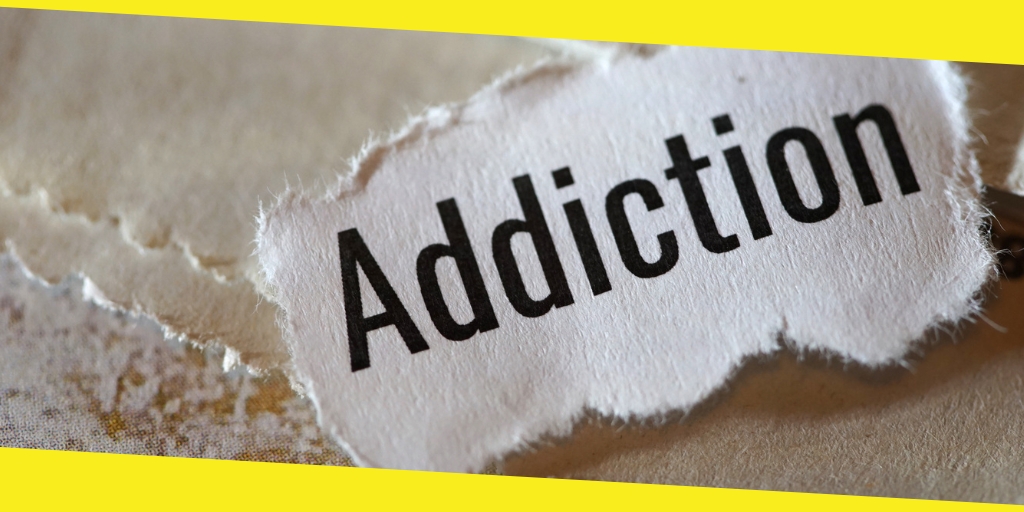Addiction: Symptoms, Effects, and What To Look For
Have you ever wondered what addiction truly entails? Understanding the symptoms and effects of addiction is crucial for recognizing and addressing this complex issue.

In this article, we will explore addiction, its symptoms, effects on individuals, and what to look for when addiction may be present. By increasing your awareness and knowledge, you can contribute to a society and promote pathways to recovery from addiction.
Contents
ToggleUnderstanding Addiction
Addiction is a complex condition characterized by compulsive drug or substance use despite harmful consequences. It is a chronic disorder that affects the reward and motivation centres, leading to persistent cravings and a loss of control over substance use.
Several factors contribute to the development of addiction, including genetic predisposition, environmental influences, and underlying mental health conditions.
Recommended: 10 Tips to Improving Your Mental Health
Some Common Symptoms of Addiction
Recognizing the symptoms of addiction is essential for early intervention and support.
Physical symptoms may include:
- Intense cravings
- Increased tolerance
- Withdrawal symptoms when discontinuing use
- Neglecting personal hygiene or health.
Behavioural symptoms can manifest as changes in habits, such as:
- Neglecting responsibilities,
- Loss of interest in activities once enjoyed,
- Secrecy
- Strained relationships with loved ones.
Being aware of these symptoms can help identify addiction in oneself or others.
What are the Effects of Addiction?
Addiction has profound effects on various aspects of an individual’s life. Physically, substance abuse can lead to deteriorating health, organ damage, and an increased risk of infectious diseases. It can also impact mental and emotional well-being, contributing to anxiety, depression, and other mental health disorders.
Additionally, addiction can strain relationships, disrupt family dynamics, and lead to social isolation. Financial consequences, legal issues, and occupational instability are common effects of addiction.
What to Look for in Addicted Individuals
Recognizing the signs of addiction is crucial for early intervention and support. Red flags may include a significant change in behaviour, withdrawal from social activities, mood swings, financial difficulties, and neglecting personal responsibilities.
Physical signs, such as bloodshot eyes, dilated pupils, sudden weight loss or gain, and a decline in personal grooming, can also indicate addiction. Attention to these indicators can help identify addiction and assist those in need.
Seeking Help and Treatment Options

When facing addiction, seeking professional help is vital. Treatment options for addiction vary depending on the individual’s needs and the severity of the addiction.
Therapy, such as cognitive-behavioural therapy (CBT) and motivational interviewing, can provide essential tools for recovery. Support groups, such as Alcoholics Anonymous (AA) or Narcotics Anonymous (NA), offer a network of individuals who understand and can provide guidance and support.
Residential rehabilitation programs or medication-assisted treatment may be recommended in more severe cases. Seeking help and guidance from healthcare professionals is the first step towards overcoming addiction.
Conclusion
Addiction is a complex condition with profound effects on individuals and their communities. Early recognition and intervention are vital for a successful recovery and minimizing the impact of addiction.
By offering support, seeking professional help, and promoting empathy and understanding, we can create a society that supports individuals struggling with addiction on their path to recovery and wellness.
You may like this
Recommended For You
What Are The Benefits Of Direct Primary Care For Seniors?
Most Inside
Most Inside offers high-quality recommendations and valuable updates to enhance all aspects of your life, providing premium guidance and enriching experiences.




